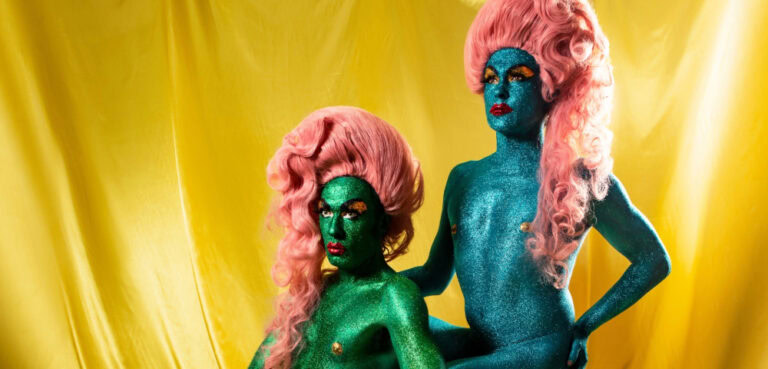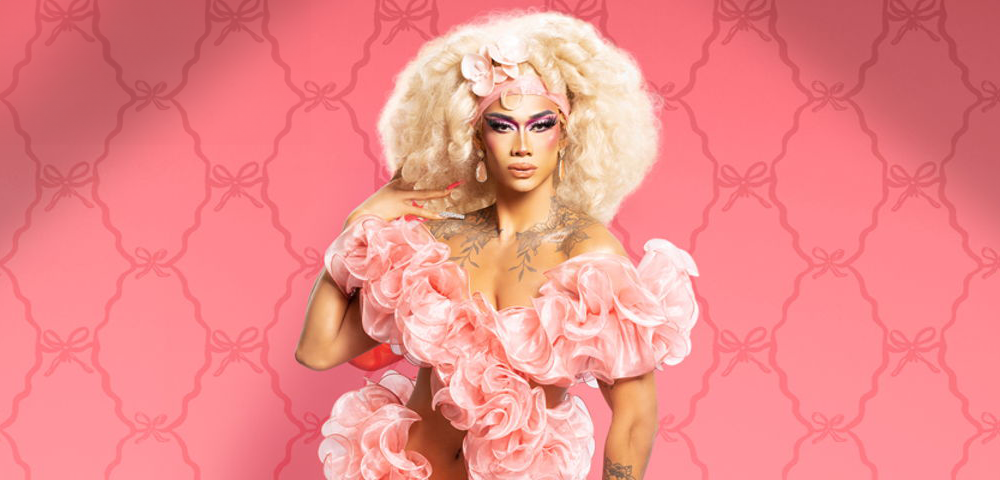
Equal rights at last
But marriage still not on the agenda
Full legal equality for same-sex de facto couples and their children has come in the Rudd Government’s first year.
Same-sex discrimination in Commonwealth superannuation, social security, veterans’ entitlements, and a range of other benefits and obligations in around 100 laws were swept away this week with bipartisan support.
The historic reforms leave marriage as the only institution or opportunity still unavailable to gay and lesbian Australians in federal law.
Most of the changes will start on 1 January 2009, except access to superannuation death benefits which can be backdated to 1 July this year if discrimination led to missed payments. Centrelink benefit changes will apply from 1 July next year.
The final passage of the equality reforms this week was welcomed by rights advocates from GetUp!, the Australian Coalition for Equality, the Victorian and NSW Gay and Lesbian Rights Lobbies and those impacted by the previous discrimination like 80-year-old John Challis who receives a Commonwealth superannuation pension.
This is the best Christmas present my partner Arthur Cheeseman and I have ever received, Challis said. This landmark social reform, fully supported by the Opposition, establishes the Rudd Government’s credentials as a government of social reform and concern for justice and equality in Australian life. Full credit and thanks are due to [Attorney-General] Robert McClelland.
Gay and Lesbian Rights Lobby spokesman Peter Johnson urged GLBT Australians to also thank the many politicians who spoke in favour of the reforms in Parliament.
Change does not happen without dedicated parliamentarians who stand up for equality and human rights. By thanking them, the GLBT community opens a dialogue on further law reform, whether that be civil unions, marriage or federal anti-discrimination protection, Johnson said.
Thirty parliamentarians from the major parties, the Greens and Senator Nick Xenophon spoke in favour of the three reform bills. Family First was the only party to disagree.
Former Queensland Liberal MP Warren Entsch, who championed Challis’s case under the previous government, said he was drinking a glass of red to celebrate.
When I first started talking about gay rights it made a lot of people in the party room very uncomfortable, but slowly people started to talk about it too. Attitudes have changed, we’re not going back now, he said.
It took people like John Challis to come forward and let me use their names and situations to drive home that this was about civil rights.
Entsch said he and many others still in the parliament continued to have reservations about same-sex marriage and adoption.
Greens leader Bob Brown congratulated the Government for removing a great swathe of discriminatory laws against same-sex couples.
This is indeed historic legislation and the government is to be congratulated for it. It means that same-sex couples who love each other and are in a committed relationship will in the main not be denied the opportunities, including those for raising children in Australia, that all other couples who love and are committed to each other have, he said.
However, he wondered when the major parties would show leadership by removing inexcusable discrimination in Australian marriage laws, as a number of countries overseas had done, and polls showed the majority of Australians wanted.
Marriage is and always has been the hallowing and recognition by the public and by those who commit to each other of a special relationship by loving people, which is a stabilising factor in society. And if you leave people outside it then society is the lesser because of that, Senator Brown said.
It is one of those issues that will come back to this parliament until the representatives of the parliament catch up with the public aspiration of the people of Australia in 2008, which is only going to become stronger, to remove this discrimination in the years ahead.
Gay community advocates agreed with Senator Brown. Australian Coalition for Equality spokesman Corey Irlam said the job of tackling discrimination would remain unfinished until there was a national law prohibiting anti-gay discrimination, and discrimination in marriage was removed.
However, Attorney-General Robert McClelland reaffirmed that same-sex marriage was not on the agenda.
Have your say: How do you feel about these reforms?










Please explain rationally exactly how one does survive “below the poverty line”? I don’t think the thousands of impoverished Sydney hiv patients can survive on mean Crown Street soup kitchen regimes! Perhaps the truth is that governments perpetuate the poverty syndrome because there is a high chance of dependents not surviving, thus no longer being welfare recipients.
“The question taht you have not answered Shayne is how a same-sex couple will be disadvanteged under the new laws?”:
Well first, it’s not my JOB to be answering these questions, I am not the one paid ten million dollars a year to advocate on behalf of those who will be disadvantaged.
However, an estimated 16,692 people were living with HIV in Australia at the end of 2007. Centrelink claims 11,000 people in same-sex relationships will be disadvantaged by these ‘reforms’, the majority of whom are HIV+ gay men. NAPWA has made a submission to the review panel for urgent action to be taken on the rate of pensions and concession entitlements as they affect people with HIV using data from the HIV Futures 5 survey of HIV-positive people in Australia which reveals that, of those on a government benefit, 58% are living below the recognised Henderson Poverty lines. The costs of living with a chronic illness are significant, with extra costs for pharmaceuticals (including some non-PBS items), complementary medicines, dietary supplements and services like counselling, etc., etc.
Maree O’Halloran from the National Welfare Rights network says, “We’re asking Centrelink to pay special consideration to the very vulnerable people.”
Michael Raper, President on the National Welfare Rights Network said, -œThe fundamental problem is that Centrelink is not looking closely enough at all the factors that indicate that no relationship exists. It makes judgements based on moral, not legal, grounds and often makes decisions based on flimsy information and prejudicial attitudes. We are representing a record number of clients in appeals against decisions to cancel or reduce their payments because of an alleged marriage-like relationship…The increased number of cases involving older people and carers who share rent and provide companionship and support, is extremely alarming. Add the HIV+ to the ‘older people and carers’ Rob and you might begin to see the real cost in human terms of what you call “a loop-hole.”
The question taht you have not answered Shayne is how a same-sex couple will be disadvanteged under the new laws?
Under the ‘old’ laws, same-sex couples gained a benefit that was not available to heterosexual couples – that is, same-sex couples could receive benefits as if they were both single because their relationship was not recognised. This ‘loop hole’ has now been closed, and a same-sex couple will be treated equally as a heterosexual couple in terms of calculating benefits.
If you consider losing access to a legal loop-hole that allowed same-sex couples an unfair financial advantage over a hetero-couple, then perhaps your priorities are wrong.
Other countries allow equal marriage & it will only be a matter of time before we do too. Civil unions are now outdated, & since we’ve held out so long we can totally bypass that phase. A number of countries that did take up the now outdated civil union option are now implementing equal marriage & converting existing civil unions into marriages.
It’s all about reforming marriage itself & making it more inclusive & equal (just like marriage was reformed to allow blacks to marry).
Well, I think I have just about exhausted my argument (and myself) here.
Those who will be disadvantaged should never have been forced to be considered under the highly inappropriate umbrella of ‘married,’and should have the right to declare that they do not consider their relationship in that way.
But that is not an option available to them. The ‘equality/marriage’ lobby seems intolerant of the rights of those who choose NOT to be ‘married.’
The simple answer to “Why should same-sex couples be singled out for special treatment,” is that THEY never asked to be ‘married’ they were quite happy without the need for their relationships to be considered in heterosexist terms, and now a large silent section of the gay community will be subjected to Centrelink investigation (http://www.facs.gov.au/guides_acts/ssg/ssguide-2/ssguide-2.2/ssguide-2.2.5/ssguide-2.2.5.10.html)lose their sole means of support based on moral grounds, flimsy information and prejudicial attitudes, or be forced to repay to Centrelink that which they believed they were entitled to, or undergo arduous appeals procedures without effective advocacy, or commit fraud in order to survive.
Mazel Tov.